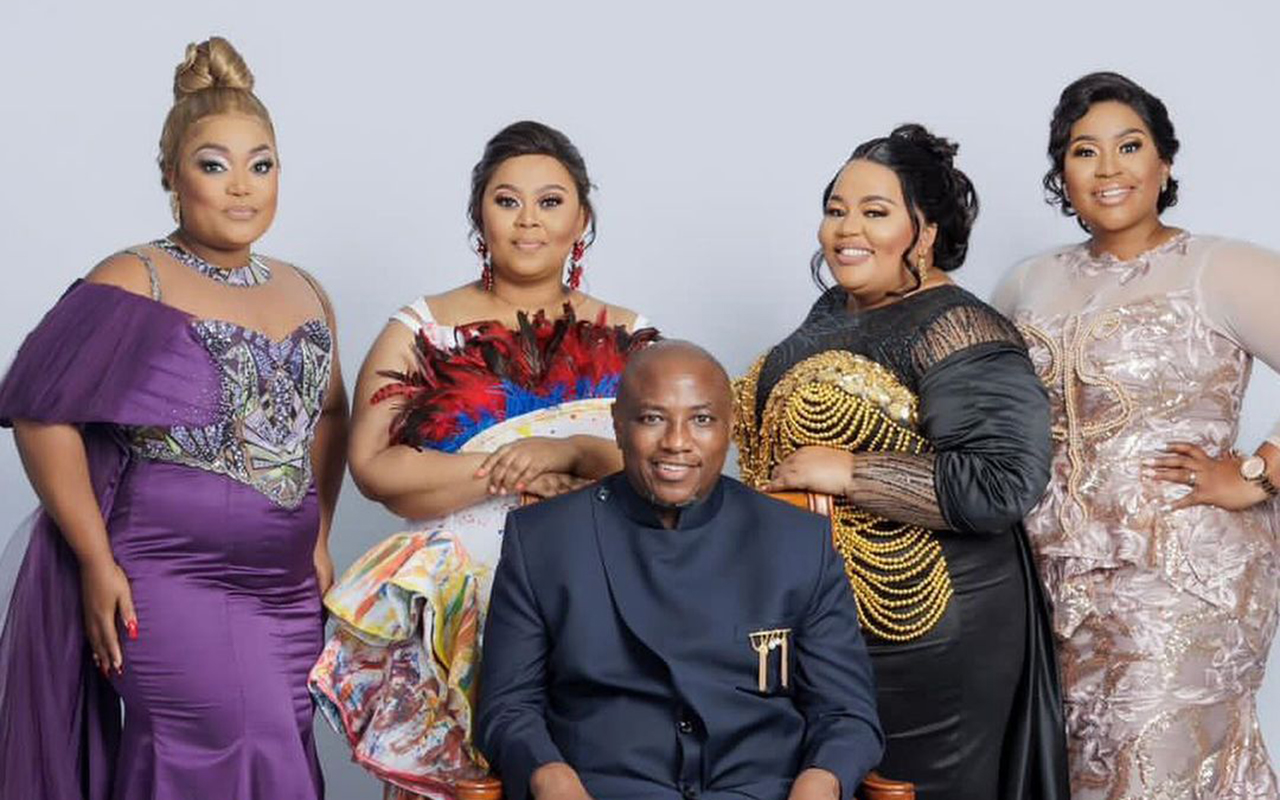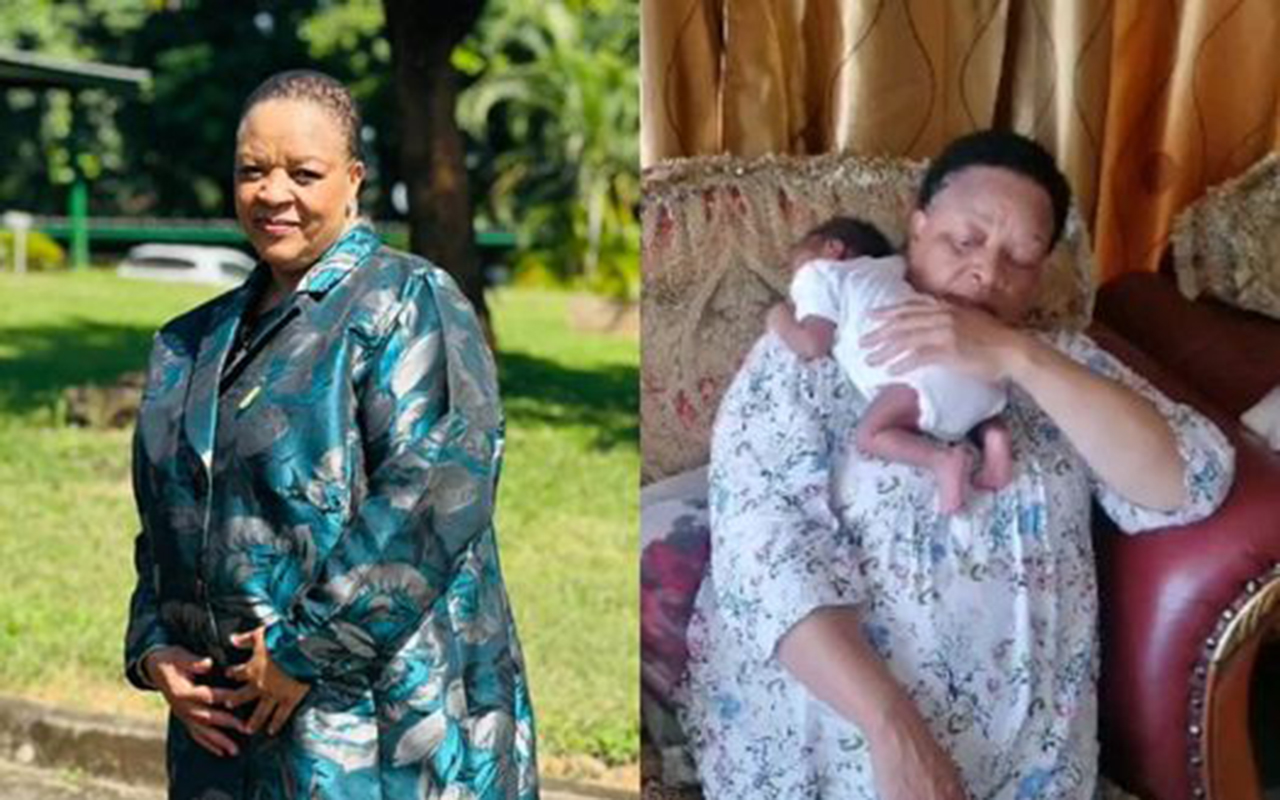“Please help I’m dying of poverty”, gospel legend Lusanda Mcinga cries out for help.

“Please help I’m dying of poverty”, gospel legend Lusanda Mcinga cries out for help.
Gospel icon Lusanda Mcinga’s recent plea for financial assistance has shed light on the harsh realities faced by many artists. In a heartfelt video that quickly went viral, Mcinga revealed the dire straits she finds herself in, citing a drastic decline in bookings and financial instability as key factors contributing to her current predicament.

Since the onset of the pandemic, Mcinga has grappled with the harsh economic fallout, as stringent restrictions and reduced opportunities for public gatherings have severely impacted her ability to earn a living. The loss of income has taken a toll on her financial stability, resulting in the repossession of her vehicles by banks and mounting financial pressures that have left her struggling to make ends meet.
Amidst her financial woes, Mcinga has also faced significant health challenges, further exacerbating her already precarious situation. Despite her hardships, she remains determined to persevere, expressing a fervent desire to release an album and fulfill her musical aspirations before it’s too late.
Mcinga’s public appeal has sparked a broader conversation about the financial struggles faced by artists, dispelling the misconception that all singers enjoy lavish lifestyles and substantial wealth. In reality, many artists, particularly those reliant solely on their music careers, encounter significant financial hardships and are forced to navigate a precarious financial landscape.

The notion that artists should diversify their income streams and cultivate financial independence is underscored by Mcinga’s plight, highlighting the importance of financial literacy and prudent financial management within the entertainment industry. Too often, artists find themselves ill-equipped to weather financial downturns, lacking the necessary financial education to plan for unforeseen challenges and safeguard their financial well-being.
As Mcinga’s story serves as a sobering reminder of the fragility of financial security, it also underscores the need for greater support and solidarity within the artistic community. By rallying around artists in times of need and advocating for systemic changes that address the financial vulnerabilities faced by creatives, we can work towards creating a more equitable and sustainable environment for artists to thrive.
Ultimately, Mcinga’s plea serves as a poignant reminder of the importance of compassion, empathy, and support for artists facing financial hardship. As we extend a helping hand to Mcinga and others like her, we affirm our commitment to nurturing a vibrant and resilient artistic community where every artist has the opportunity to pursue their passion and fulfill their dreams, free from the burden of financial insecurity.





